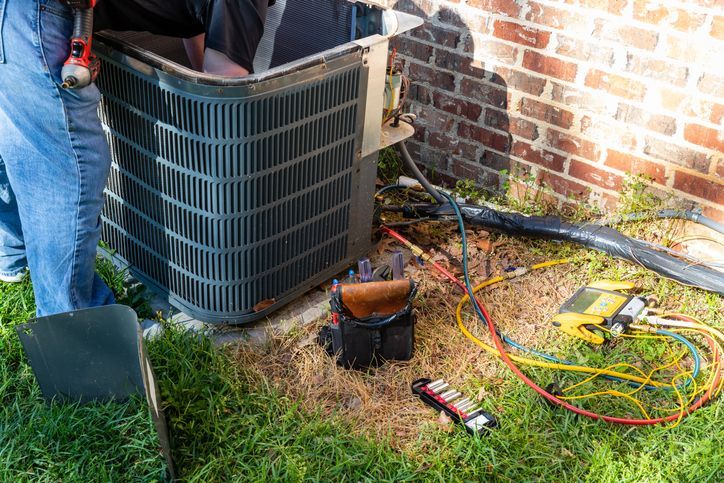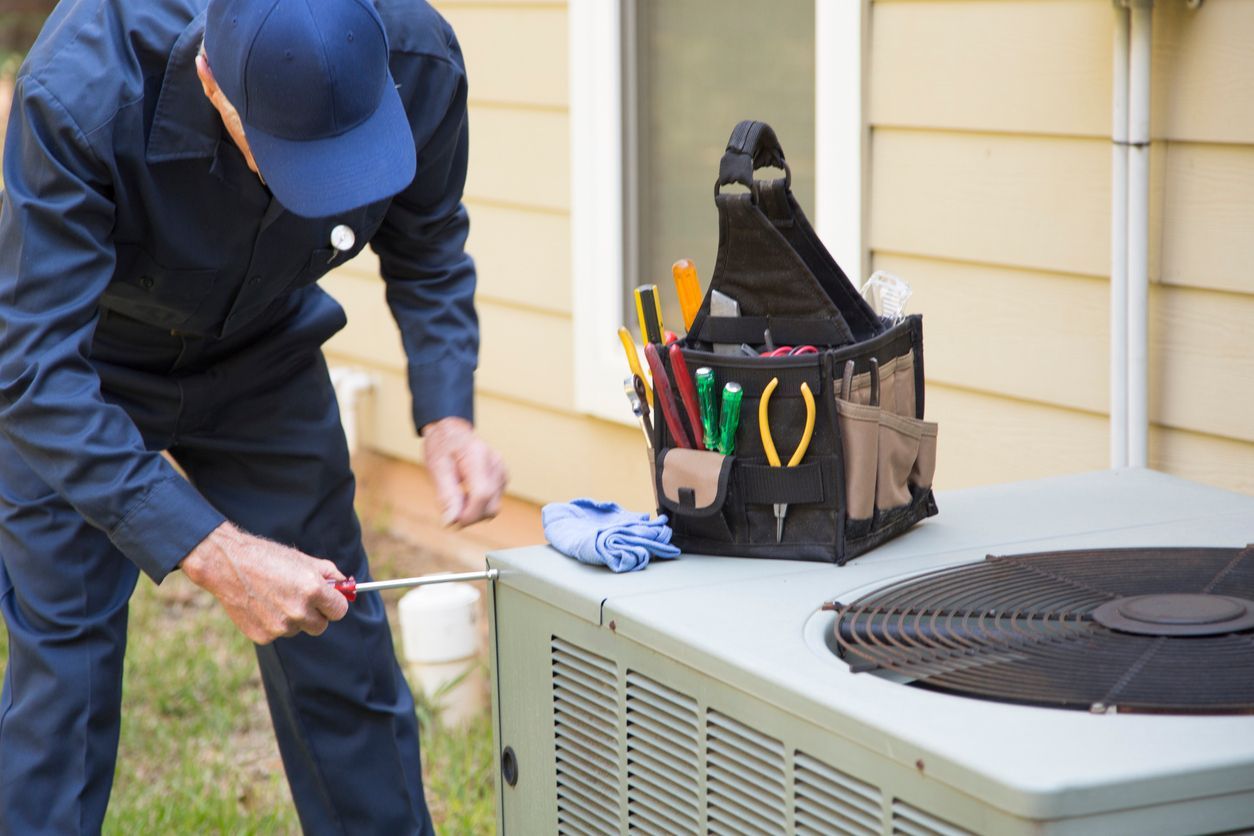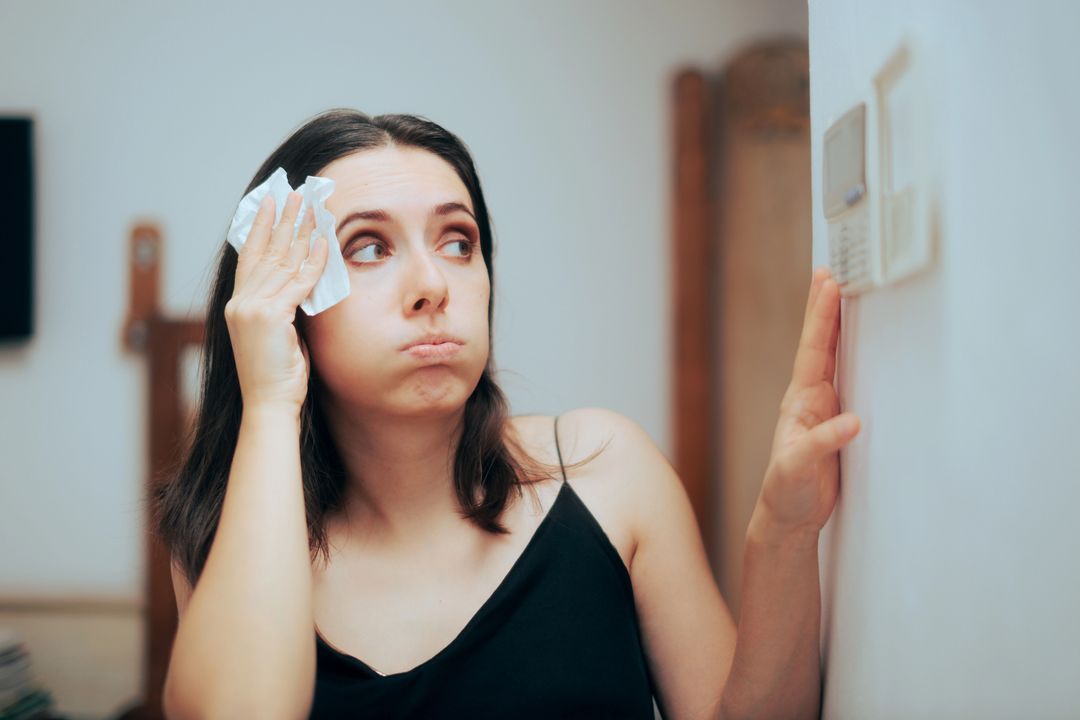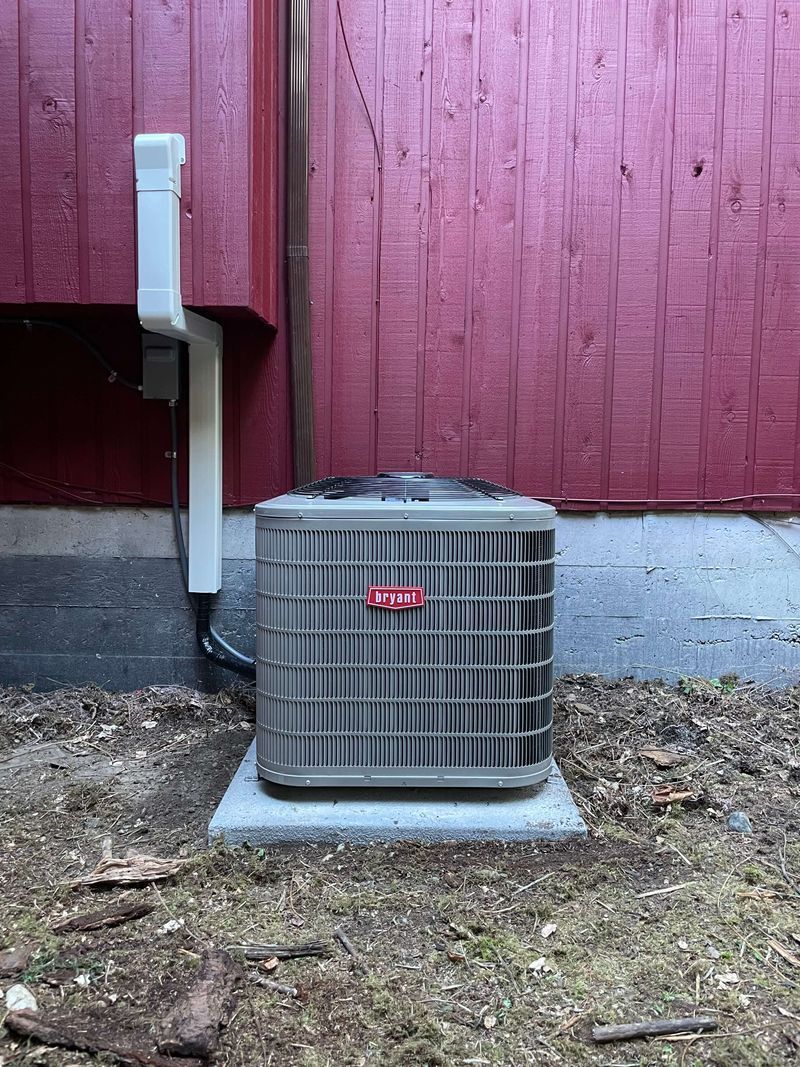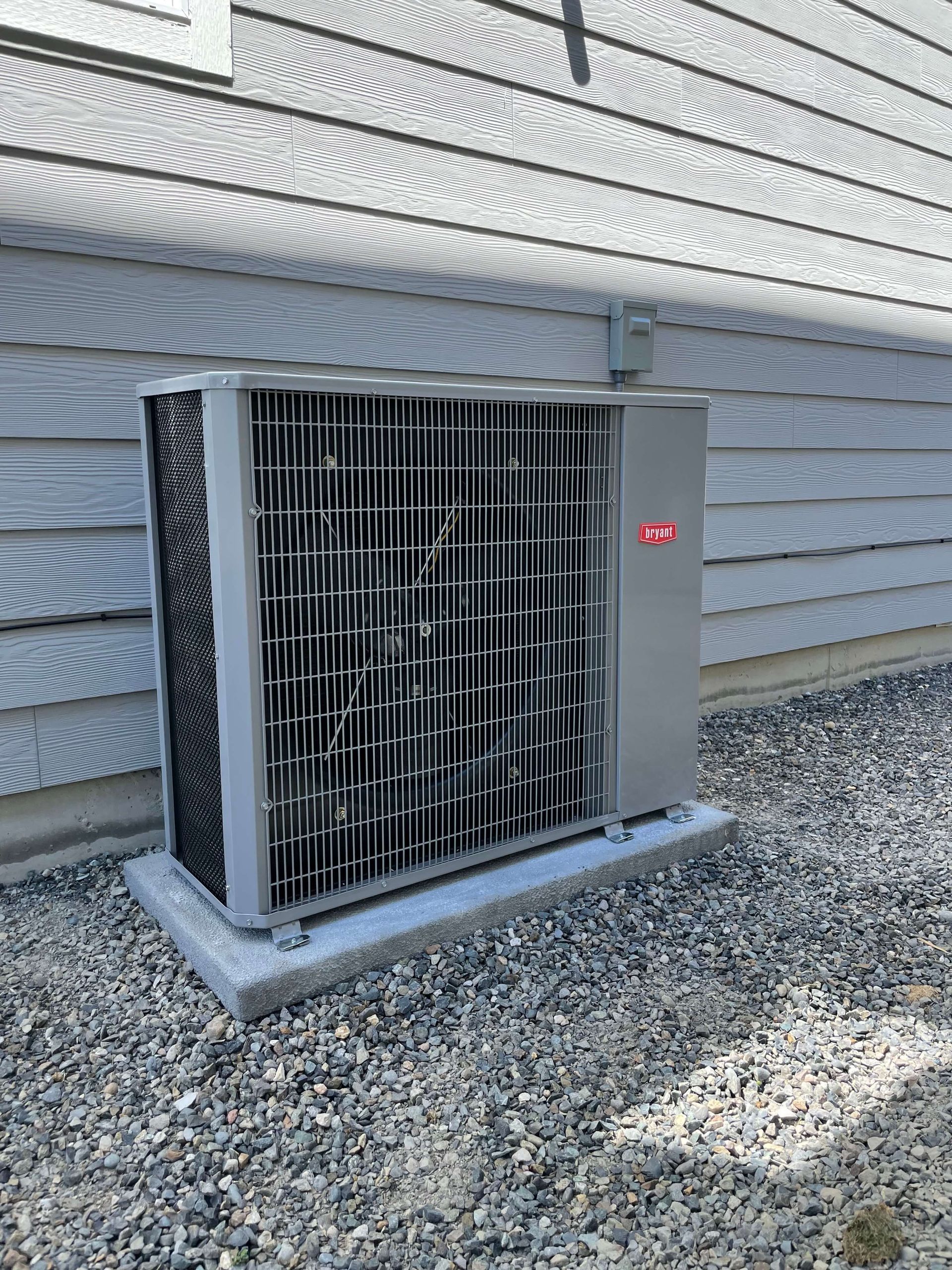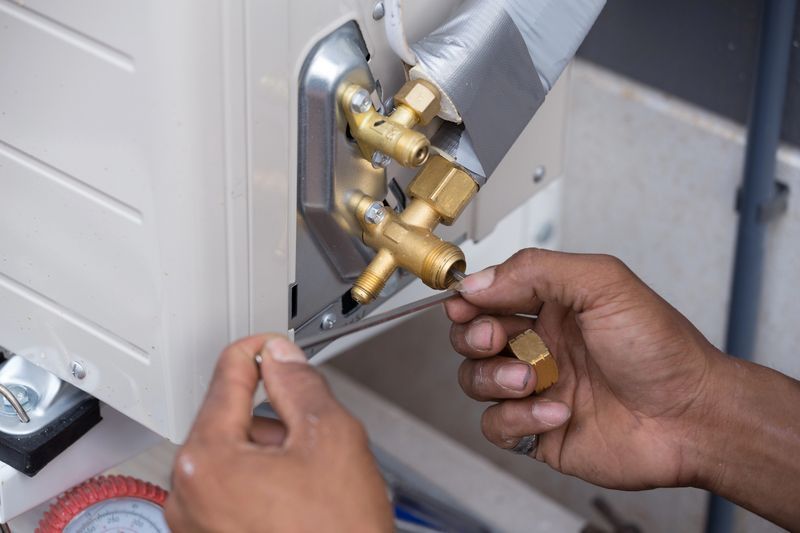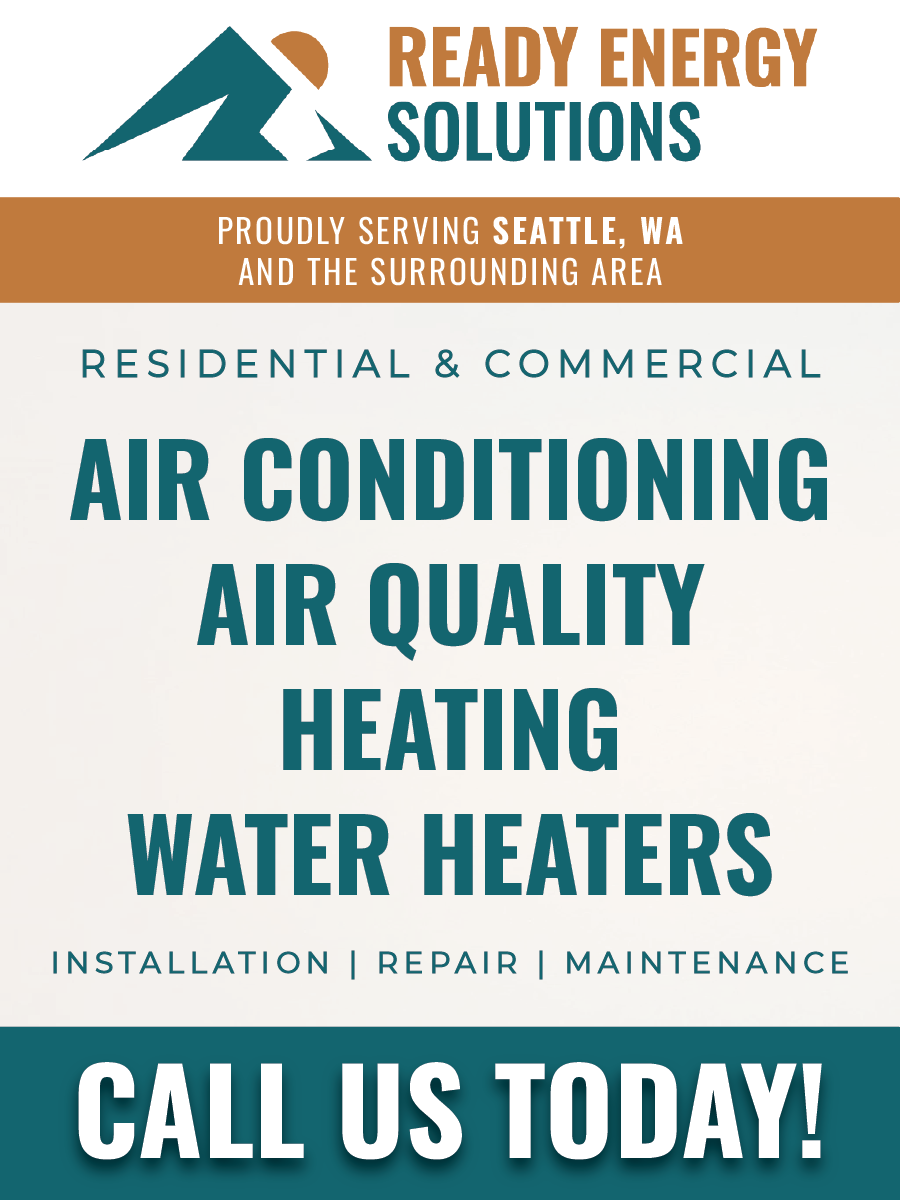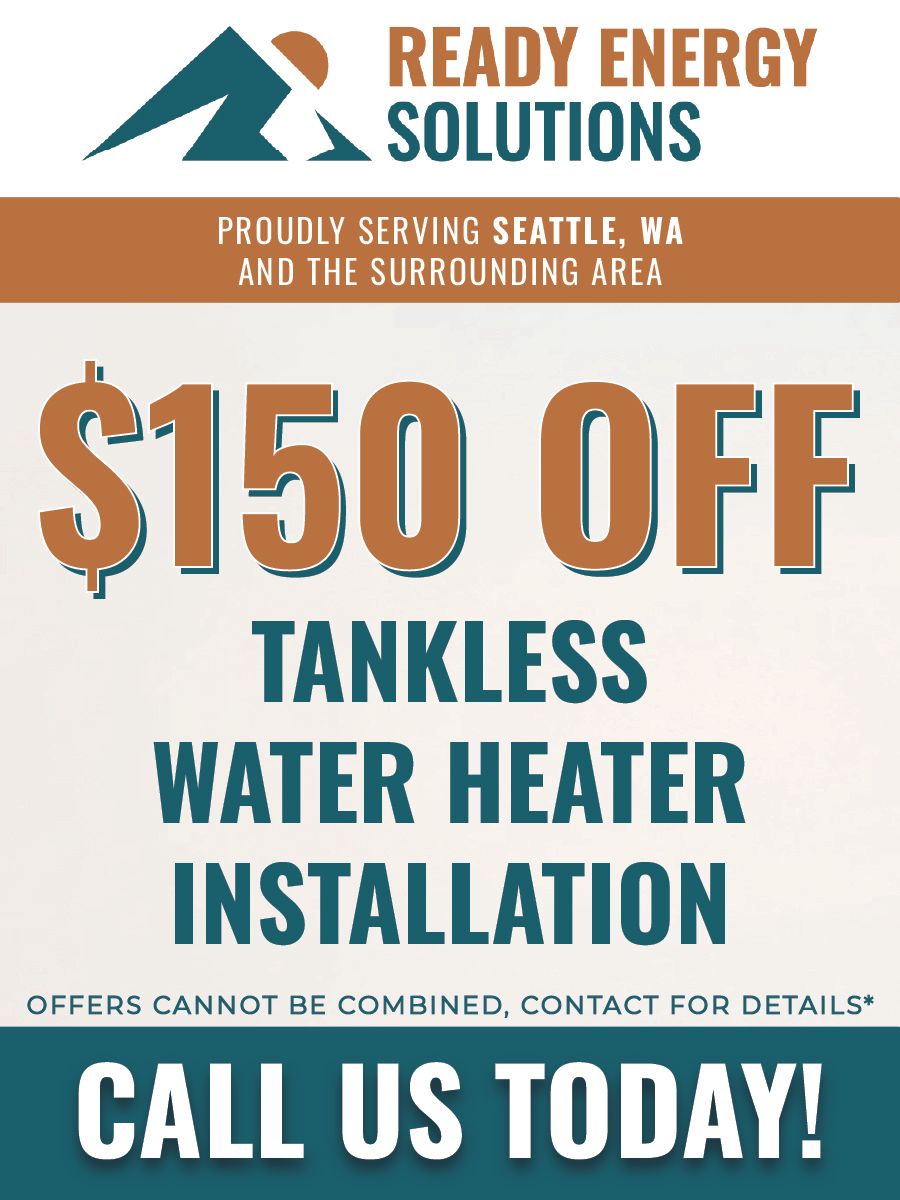How to Choose the Right Heating System for Your Home
Choosing the right heating system can make a world of difference in your home’s comfort and energy efficiency. With winter’s chill or summer’s heat, having a reliable heating system ensures you’re cozy when you need it most.
But with so many options available, how do you know which is best for your home? Each system has its own set of benefits and considerations and understanding them can help you make an informed decision that suits both your needs and budget.
Today, we’ll break down each type of heating system, explaining how they work, their advantages and disadvantages, and the best scenarios for their use. We’ll also highlight why professional heating installation in Kirkland, WA, optimizes your system's performance.
By the end, you’ll be well-equipped to choose a heating solution that will keep your home comfortable year-round.
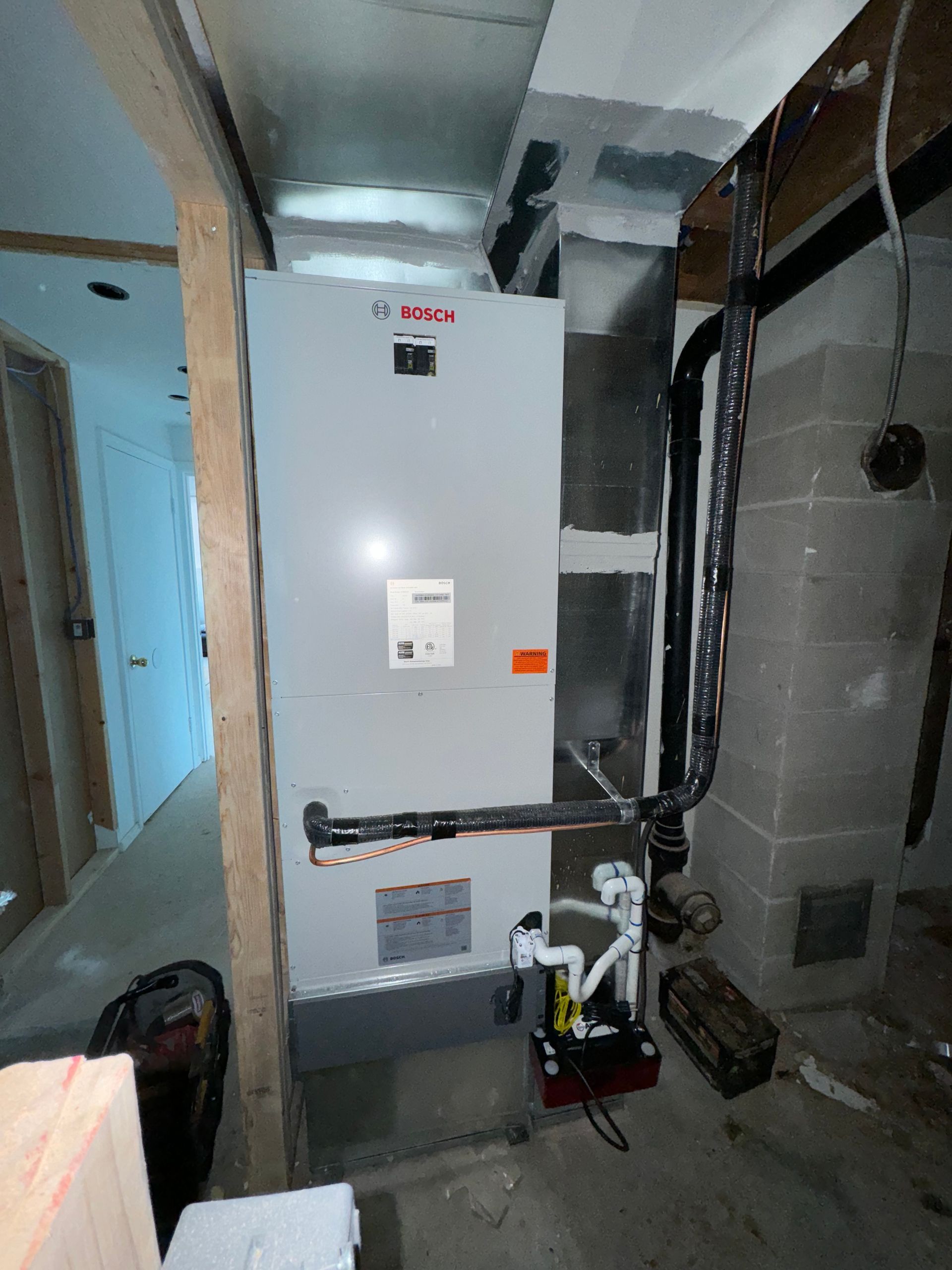
Types of Heating Systems for Homeowners
Gas Furnaces
Gas furnaces operate by burning natural gas to produce heat. The heat is then distributed throughout your home via ducts.
These systems are perfect for homes in colder climates where reliable, high-output heating is necessary, and natural gas is readily available.
Advantages
- Powerful heating capabilities
- Compared to some other heating systems, gas furnaces generally have a lower initial installation cost.
Disadvantages
- Gas furnaces require a natural gas supply, which might not be available in all areas.
- Burning fossil fuels can have a higher environmental impact compared to other heating options.
Ductless Heat Pumps
Ductless heat pumps use refrigerant to transfer heat between the inside and outside of your home. They can both heat and cool, providing year-round comfort.
Ductless heat pumps are great for homes where ductwork isn’t feasible or where targeted heating in specific rooms is desired.
Advantages
- Ductless heat pumps offer high energy efficiency, leading to lower operating costs.
- They allow you to control the temperature in individual rooms, enhancing comfort and efficiency.
Disadvantages
- The initial cost of installation can be higher than for some other systems.
- Indoor units may be visible, which might not appeal to everyone.
Conventional Heat Pumps
Conventional heat pumps extract heat from the outside air and transfer it indoors. They can provide both heating and cooling, making them a versatile choice.
These heat pumps are well-suited for moderate climates where extreme cold is not a frequent concern, or as part of a more extensive HVAC system.
Advantages
- They function as both heating and cooling units, offering year-round climate control.
- They have a smaller carbon footprint compared to fossil fuel systems.
Disadvantages
- They may struggle to provide sufficient heat during very cold weather.
- The upfront cost can be higher, and they may require additional heating during severe cold spells.
Dual Fuel Heat Pumps
Dual fuel systems combine a heat pump with a gas furnace. The heat pump handles heating during milder weather, while the gas furnace kicks in during extremely cold temperatures.
Dual fuel heat pumps are ideal for areas with variable climates, where both energy efficiency and reliable heating in extreme conditions are important.
Advantages
- This system can provide efficient heating in moderate weather and switch to gas for added warmth when needed.
- It can help lower overall heating costs by optimizing energy use.
Disadvantages
- The complexity of having two systems can lead to a higher upfront cost.
- Both the heat pump and the furnace require regular maintenance.
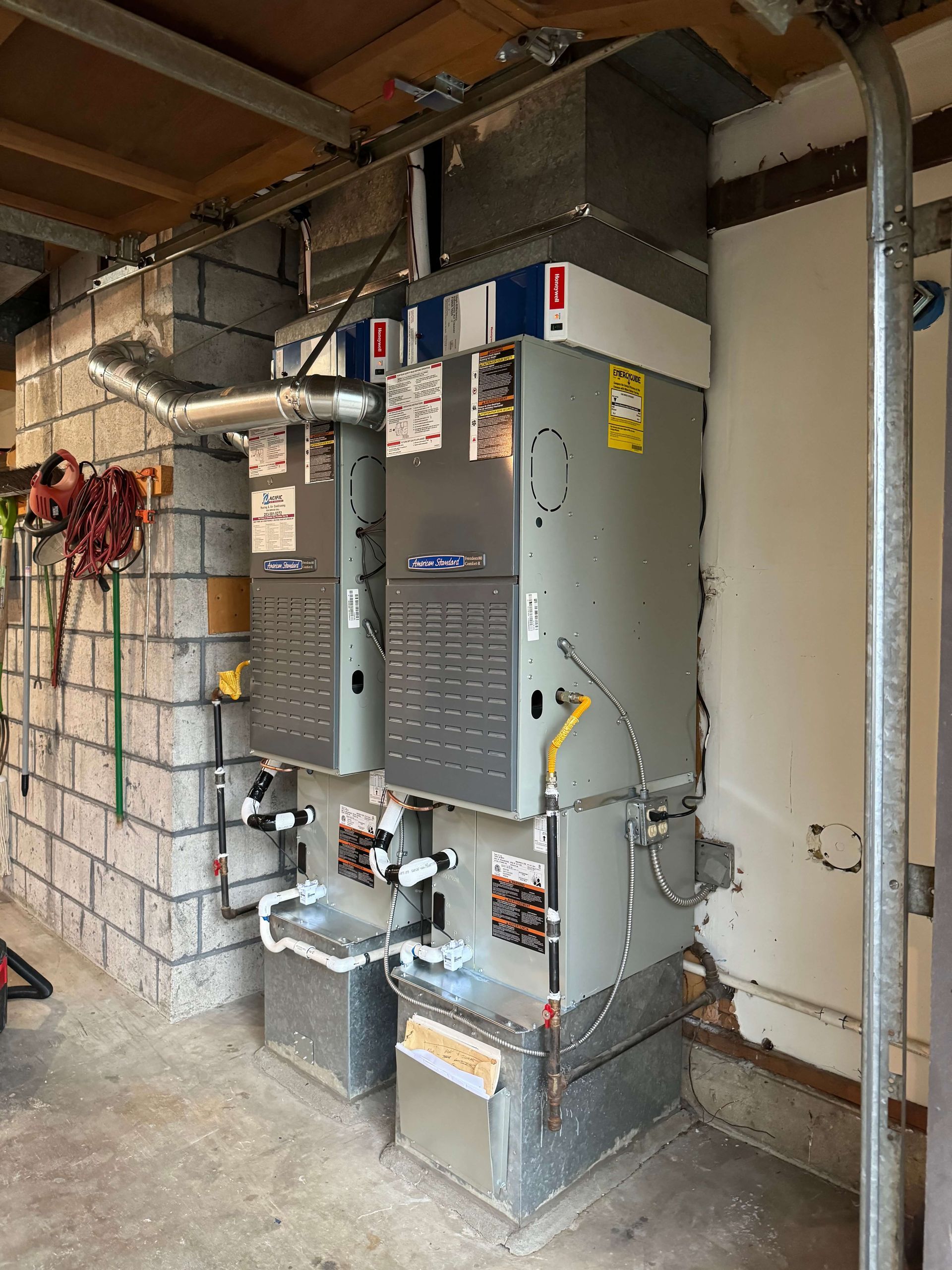
How to Pick the Right System Based on Your Home’s Heating Needs
Choosing the right heating system starts with evaluating several factors that influence how effectively your heating system will perform.
Here’s a closer look at what you should consider:
Check Your Home’s Size and Insulation
Larger homes or those with open floor plans require more powerful systems to ensure even heating throughout the space. On the other hand, smaller homes or apartments may need less capacity.
Moreover, well-insulated homes retain heat better, allowing for more efficient heating. If your home has poor insulation, such as outdated windows, insufficient wall or attic insulation, or gaps in doors and windows, you may need a more robust heating system or additional insulation to keep the heat in.
Improving insulation can lead to significant energy savings and enhance the overall performance of your heating system.
Consider Your Climate
Your local climate heavily influences the type of heating system you should choose.
In colder regions with long, harsh winters, you’ll need a heating system that provides strong, reliable warmth. Systems like gas furnaces or dual fuel heat pumps are often ideal for these climates due to their high heating output.
In contrast, if you live in a milder climate with relatively moderate temperatures, a system like a conventional or ductless heat pump might be sufficient. These systems are designed to handle varying temperatures and provide both heating and cooling, making them versatile for year-round comfort.
Assess Your Budget and Energy Costs
Initial installation costs can vary widely depending on the type of system you choose. Gas furnaces, for instance, typically have a lower upfront cost compared to other systems, but the expense includes both installation and the cost of natural gas.
Heat pumps may have a higher initial cost but can offer lower operating costs due to their energy efficiency.
It’s important to weigh the long-term savings on energy bills against the initial investment. Consider how much you’re willing to spend initially versus the potential for savings on your energy bills over time.
Energy efficiency is another important factor. Look for systems with high-efficiency ratings, as these can significantly reduce your energy costs. You can also look for any available incentives or rebates for energy-efficient systems, which can help offset the initial investment.
Additional Considerations
Future Upgrades and Maintenance
Systems with more complex technology or additional components may require more frequent servicing. Therefore, choosing a system that fits your home’s needs and can be easily maintained will save you time and hassle in the long run.
Professional Consultation
Consulting with a professional HVAC technician can provide valuable insights into the best system for your home. They can conduct a detailed assessment of your home’s heating needs and help you navigate your options, ensuring you make an informed decision that aligns with your comfort and budgetary requirements.
Additionally, professional installation can prevent common issues like poor airflow or uneven heating, reduce the risk of costly repairs, and extend the lifespan of your system.
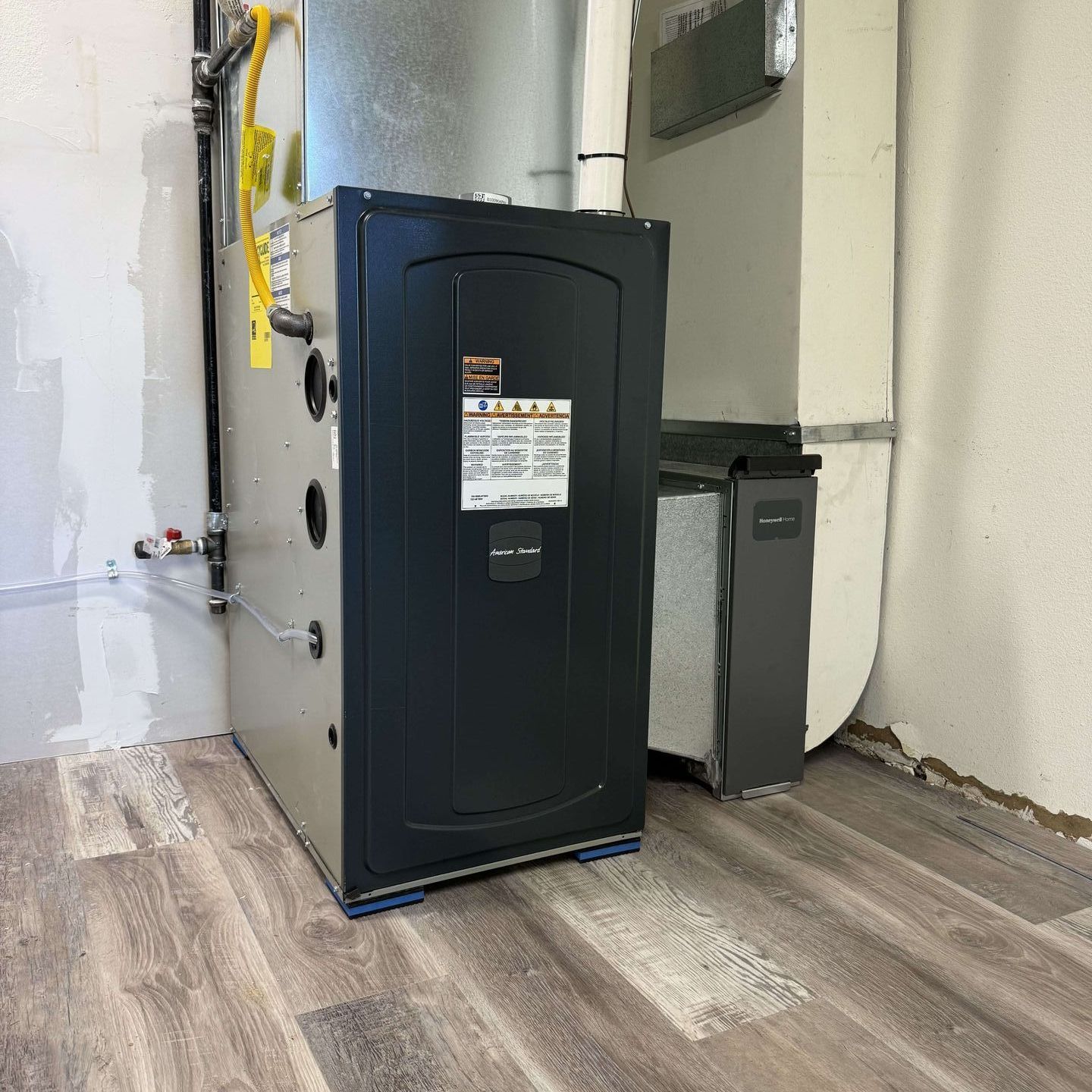
Looking for Expert Heating Installation in Kirkland, WA?
For expert guidance on selecting and installing the perfect heating system for your home, contact Ready Energy Solutions.
Our technicians offer top-notch installation, maintenance, and repairs for all heating units, and we provide high-quality products from industry-leading brands like Mitsubishi and American Standard.
Let us help you stay warm and comfortable throughout the year!

